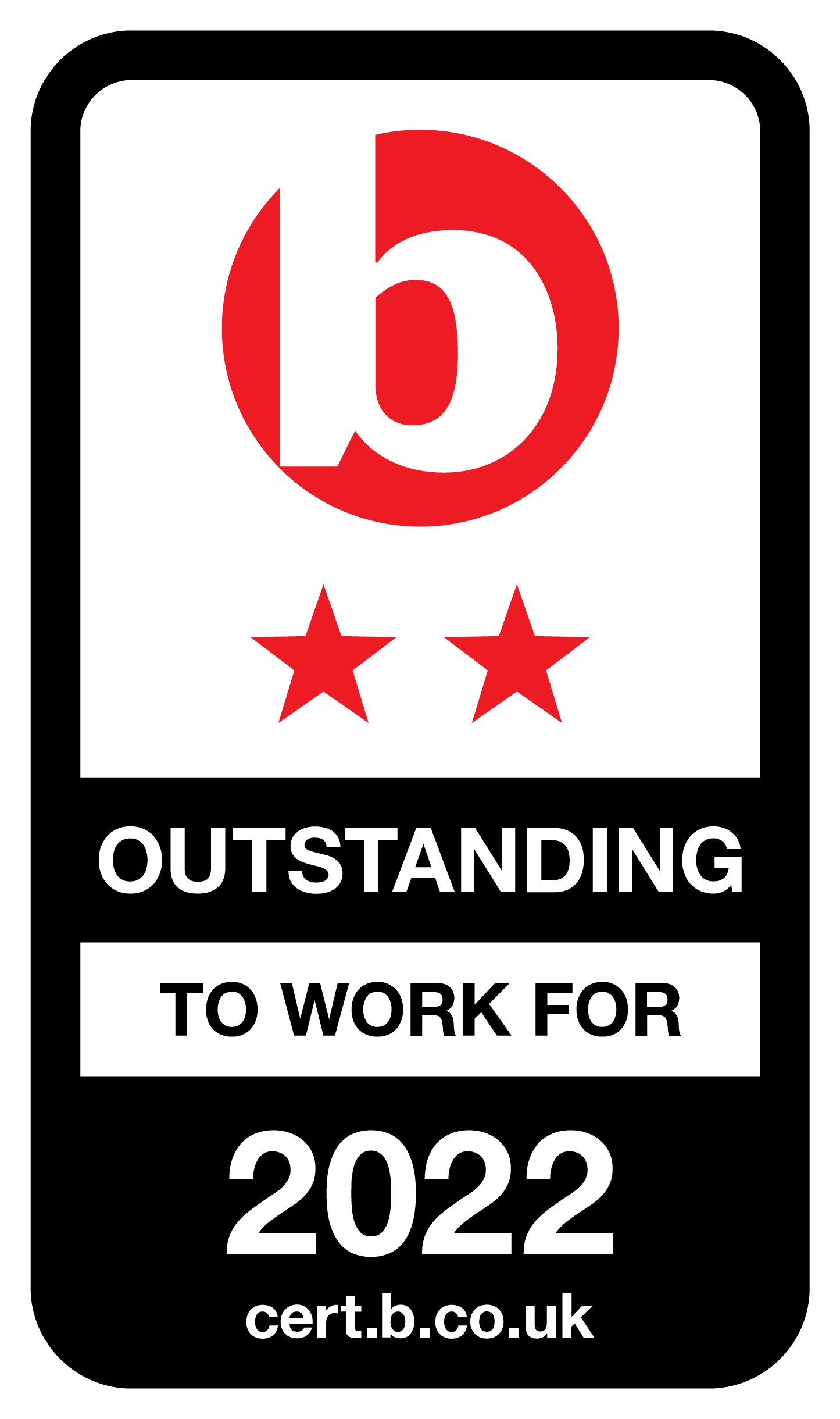PARTNERSHIP OR LLP – WHAT’S THE DIFFERENCE?
General Partnerships are subject to much less regulations than LLPs. Two or more people can run a business together and share in its profits and costs, according to their partnership agreement. They are each taxed on their share of the profits as personal income. However, they each have unlimited liability for the partnership’s debts and obligations, including those of any partners who have since left the business.
An LLP (Limited Liability Partnership) is a separate legal entity registered at Companies House and does exactly what it says: protects the individuals in the partnership from its debts and obligations. A possible exception to this is if an individual personally guarantees a debt or liability, to a bank or supplier. The LLP operates according to its registered LLP agreement, but the tax treatment is, in most cases, the same as a straightforward partnership: each individual’s share of the profits is taxed as personal income.
There are other partnership options including a Limited Partnership and Scottish Limited Partnership and we can explain the benefits of these and which vehicle is most suited to your circumstances.

















